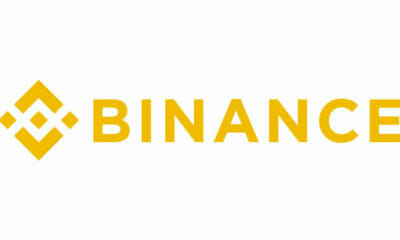On February 16th, 2018, the Wyoming Senate introduced Bill 111 moving to exempt Bitcoin (BTC) and other cryptocurrencies from property taxation. The state appears to be expanding on its rich history of tax-friendly laws by embracing blockchain technology with open arms.
Though the Bill was clearly introduced to persuade blockchain startups to call Wyoming home, individual investors also stand to benefit if the bill manages to become law. Although the state is looking to expand its no income tax policies into the world of digital assets, the IRS has already defined Bitcoin (BTC) and other cryptocurrencies as property meaning investors will still have to answer to Uncle Sam on the federal level.
The Republican-sponsored bill, places virtual currencies amongst a list of other intangible items such as money and cash on hand including currency, gold, silver and other coin, bank drafts, certified checks and cashier’s checks. If the bill manages to become law all of the items listed above will become “exempt” from property taxation in the state.
The Bill defines virtual currencies as:
“Any type of digital representation of value that is 1.) used as medium of exchange, unit of account or store of value, and 2.) is not recognized as legal tender by the U.S. government.”
Whether Bill 111 passes or not it is clear that Wyoming is pushing the cryptocurrency conversation forward in regards to how the U.S. chooses to regulate and embrace the digital assets.



















